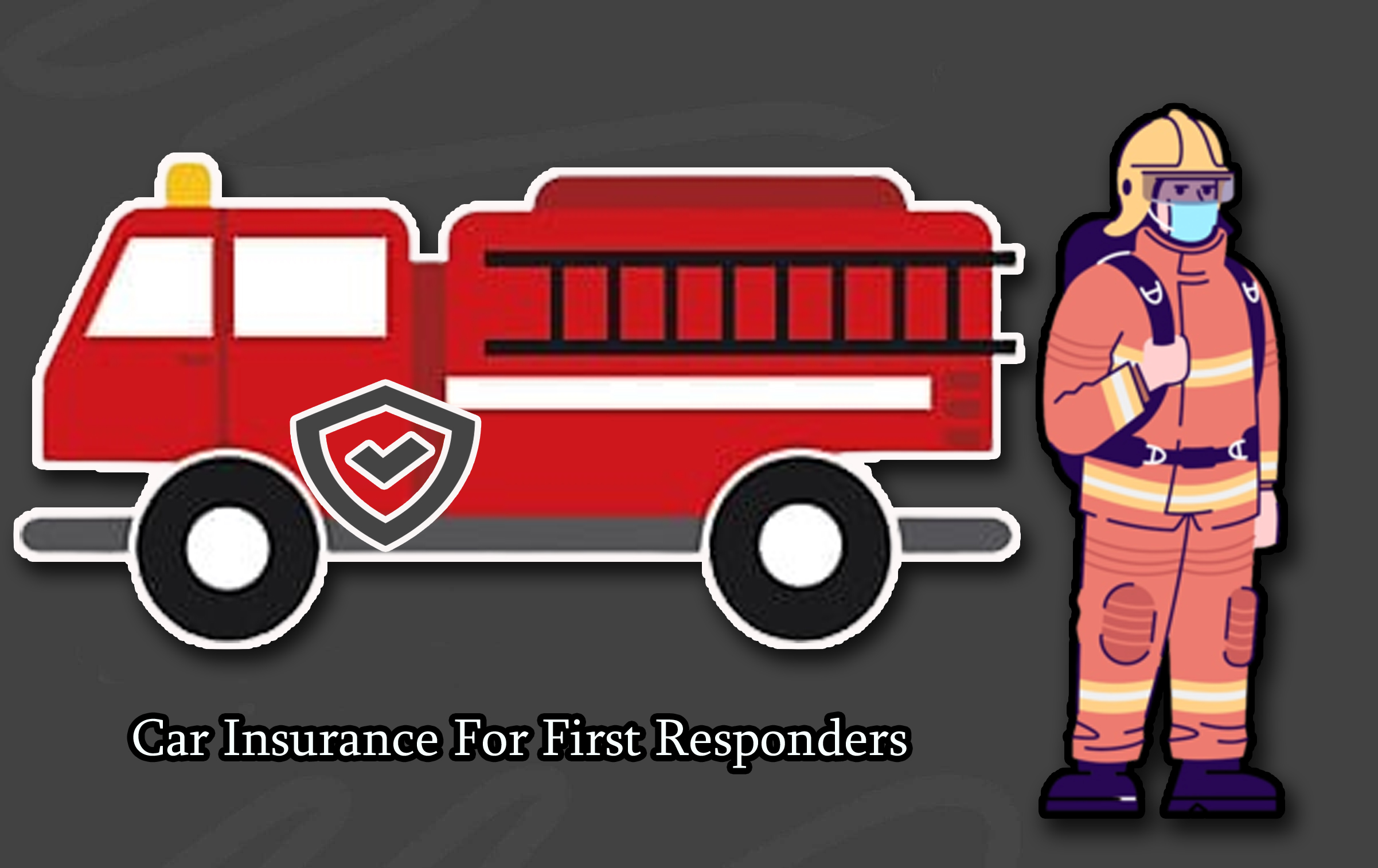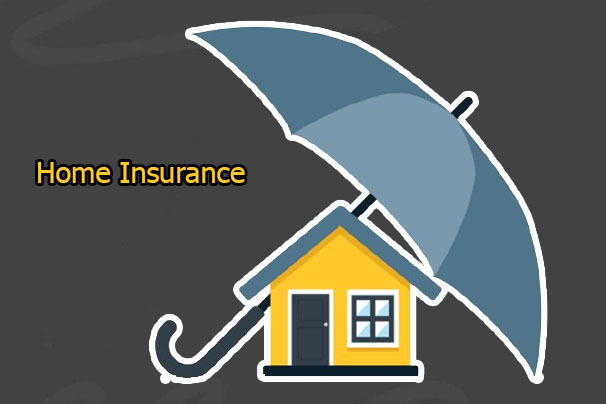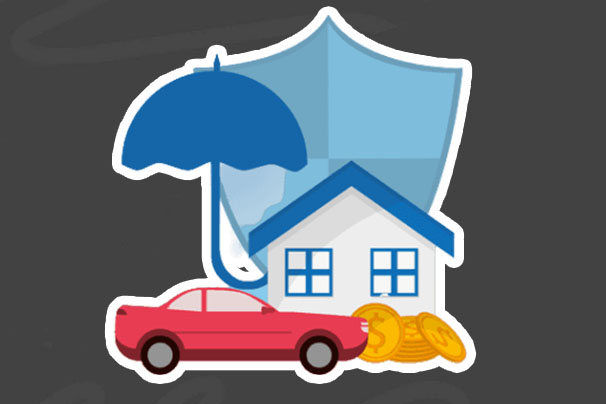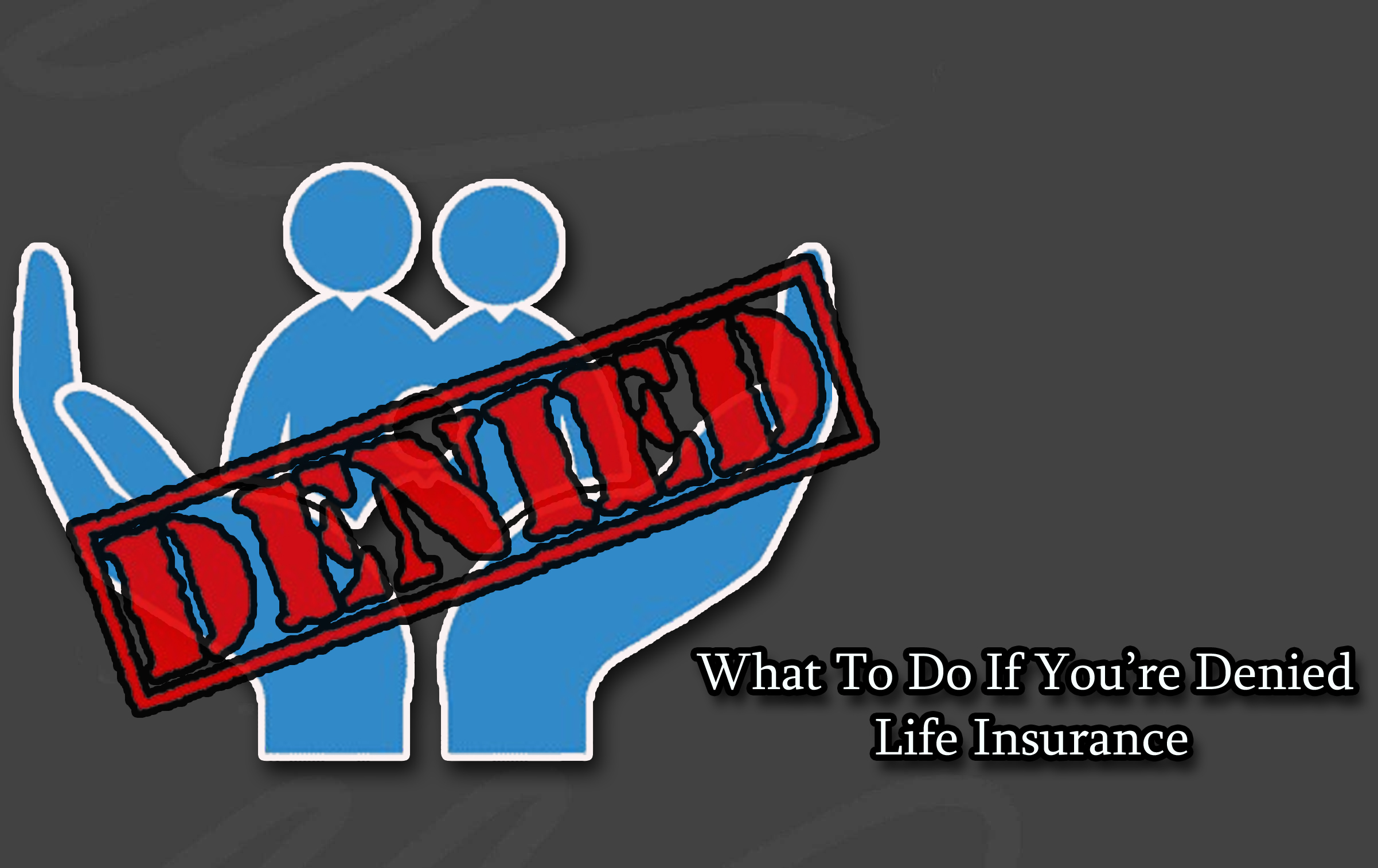Does divorce affect my student loan debt? Divorce can change many parts of your life, but what happens to student loan debt? If you or your spouse have loans, it’s important to know how they might be affected when you split up.

When a couple gets divorced, the responsibility for paying student loans depends on several factors. These can include where you live, whether the loans were taken out before or after marriage, and if both partners co-signed for the loan.
Understanding these details can help you plan for the financial impact of divorce on your student loan debt. Here in this blog post, we will be examining how divorce can affect your student loan debt.
What Are Student Loans?
Student loans are a type of financial help that people use to pay for school costs like tuition, books, and living expenses.
Unlike scholarships or grants, student loans have to be paid back with interest after you finish school. There are two primary types of student loans: federal loans provided by the government and private loans obtained from banks or other financial institutions.
The way student loans are handled in life events like divorce is different from other types of debt. Unlike a car or house loan, student loans are not always split between both spouses, which can affect who is responsible for paying them after the divorce.
How Does Divorce Affect Your Student Loan Debt?
When it comes to student loans and divorce, the impact depends on a few key factors. If the borrower took out the student loans before marriage, that person remains solely responsible for them.
In most cases, divorce doesn’t change this, and the individual will continue making payments as they did before.
However, if student loans were taken during the marriage, things can get more complicated. Depending on where you live, these loans might be considered joint debt.
In some states, particularly those that follow community property laws, debts acquired during the marriage could be divided equally between both spouses.
Other states may take a different approach, looking at who took the loan and how much both spouses benefited from the education.
State laws also play a big role in how student loan debt is handled during a divorce. In community property states, debts are often split between both spouses regardless of who took out the loan.
In states that follow equitable distribution, the court may assign debt based on factors like who benefited most from the education or who is in a better position to repay the loan.
Lastly, if your spouse co-signed your student loan, they could still be legally responsible for payments even after the divorce. This means they could be required to continue making payments if you stop.
Who Pays Student Loan Debt After A Divorce?
After a divorce, the student loan debt typically remains with the individual who took out the loan. This is because student loans are seen as a personal responsibility, no matter what happens in the marriage.
However, there are some exceptions. If both partners applied for the loan together or if the divorce agreement says the debt should be shared, the partner who didn’t borrow the money might have to help pay it back.
So, it’s important to remember that even if a divorce agreement says one person has to pay the student loans, lenders still hold the borrower responsible for making payments.
During the marriage, both partners might have helped pay the loans, but this doesn’t change who is legally responsible. If needed, couples can discuss how to split payments during divorce mediation or settlement talks.
How To Deal with Student Loan Debt Post-Divorce
Dealing with student loan debt after a divorce can be challenging, but there are steps you can take to manage it effectively. Here are some ways to handle your student loans post-divorce:
Review Your Loans
Start by gathering all your loan documents. Know the types of loans you have, the amounts owed, and the payment schedules. This information will give you a clearer understanding of your financial situation.
Understand Your Responsibilities
Determine who is responsible for the loans based on your divorce agreement. If you are the borrower, you will be responsible for repayment. If they share the loan between you two, or if your ex-spouse is to help pay, make sure you have clear agreements in writing.
Communicate With Lenders
If you’re struggling to make payments, contact your loan servicer. Explain your situation and ask about options like deferment, forbearance, or income-driven repayment plans. These can help lower your monthly payments temporarily.
Consider Refinancing
If you have a good credit score, refinancing your student loans might be a good option. This can help you secure a lower interest rate and reduce your monthly payments. Just keep in mind that if you refinance federal loans into a private loan, you will forfeit the federal protections.
Create A Budget
After a divorce, your financial situation may change. Create a budget to track your income and expenses, making sure to include your student loan payments. This will enable you to handle your finances more efficiently.
Seek Professional Help
It’s possible to feel anxious or overwhelmed in situations like this. If you’re feeling overwhelmed, consider talking to a financial advisor or a credit counselor. They can offer advice on handling debt and enhancing your financial well-being.
By following these steps, you can take control of your student loan debt and work towards a more stable financial future after divorce.
Bottom Line
Divorce can make many financial issues more complex, including student loan debt. While the borrower usually takes responsibility for repaying the loan, factors such as your location, the timing of the loan, and any co-signing agreements can influence who pays after a divorce.
Understanding how student loans are treated in divorce can help you plan effectively and avoid surprises. Whether through clear agreements, communication with lenders, or professional help, there are steps you can take to manage student loan debt post-divorce and secure your financial future.








